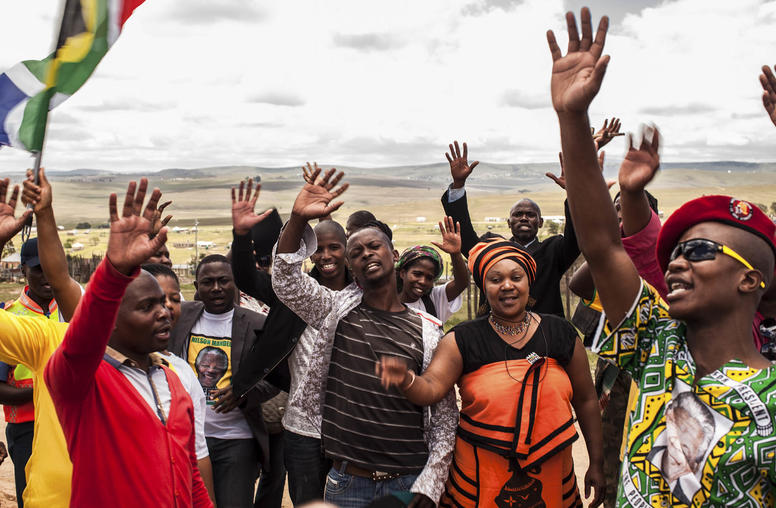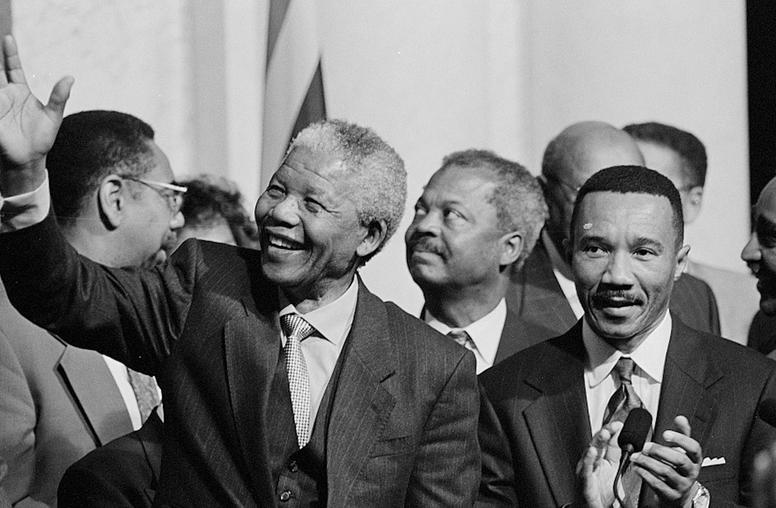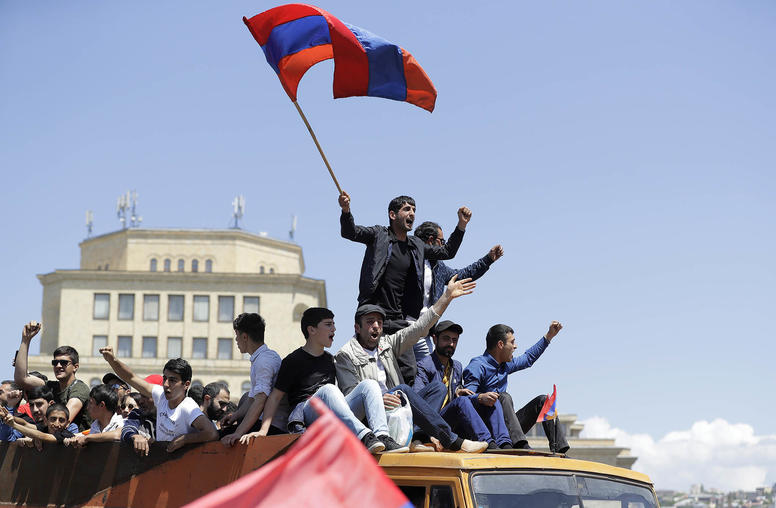Nonviolent Action in the Era of Digital Authoritarianism: Hardships and Innovations
In the late 2000s and early 2010s, nonviolent action movements employed social media and other digital tools to orchestrate pro-democracy uprisings that took regimes by surprise. Those euphoric early days have since given way to digital repression, restricted online freedoms, and democratic backsliding as authoritarian regimes leverage new technologies to surveil the opposition and sow misinformation. This report documents how nonviolent activists are adapting to digital repression and suggests ways the United States and its allies can slow the pace of autocratic innovation in the use of these technologies.

Summary
- Although emergent technologies and online activism initially empowered nonviolent campaigns, activists are now challenged by authoritarian regimes armed with enhanced digital repression technologies.
- Interviews in nine countries reveal how activists are adapting to the new reality of sophisticated digital authoritarianism. Activists have made significant technical and organizational innovations, from routinizing end-to-end encryption and virtual private networks to adopting decentralized movement structures.
- Nevertheless, significant obstacles remain. Activists struggle with the trade-off between digital security and convenience, the difficulty in movement-level coordination, and the digital landscape’s ever-increasing technical complexity.
- Nonviolent activists are also struggling to confront powerful international technology companies that aid, whether through indifference or incompetence, digital autocrats in their repressive efforts.
- International supporters must both accelerate the pace of activists’ digital adaptations and obstruct autocratic innovation. Priority issues include rectifying geographic inequities in access to training, building cross-national activist networks, and tightening regulation to prevent the further diffusion of digital repression technologies.
About the Report
This report examines how activists engaged in nonviolent action are adapting to the use of emergent technologies by authoritarian regimes. Based on interviews with twenty-five leading activists from nine countries, it was funded through an interagency agreement between the United States Institute of Peace (USIP) and the US Agency for International Development’s Center for Democracy, Human Rights, and Governance.
About the Authors
Matthew Cebul is a research officer with the Program on Nonviolent Action at USIP, where he conducts multimethod research on nonviolent action and its implications. Jonathan Pinckney is a senior researcher with the Program on Nonviolent Action at USIP and the author of From Dissent to Democracy: The Promise and Peril of Civil Resistance Transitions, published by Oxford University Press in 2020.



